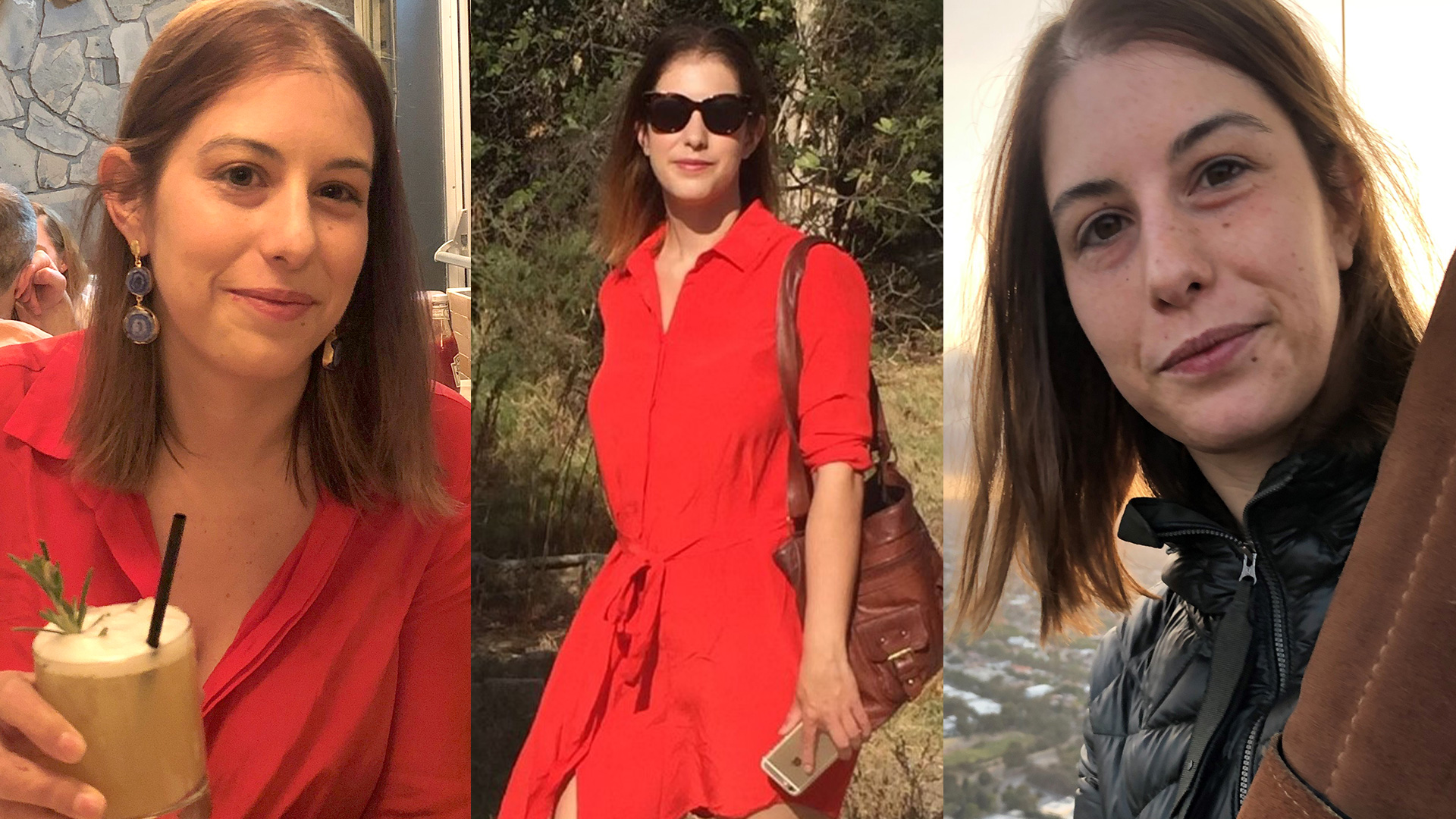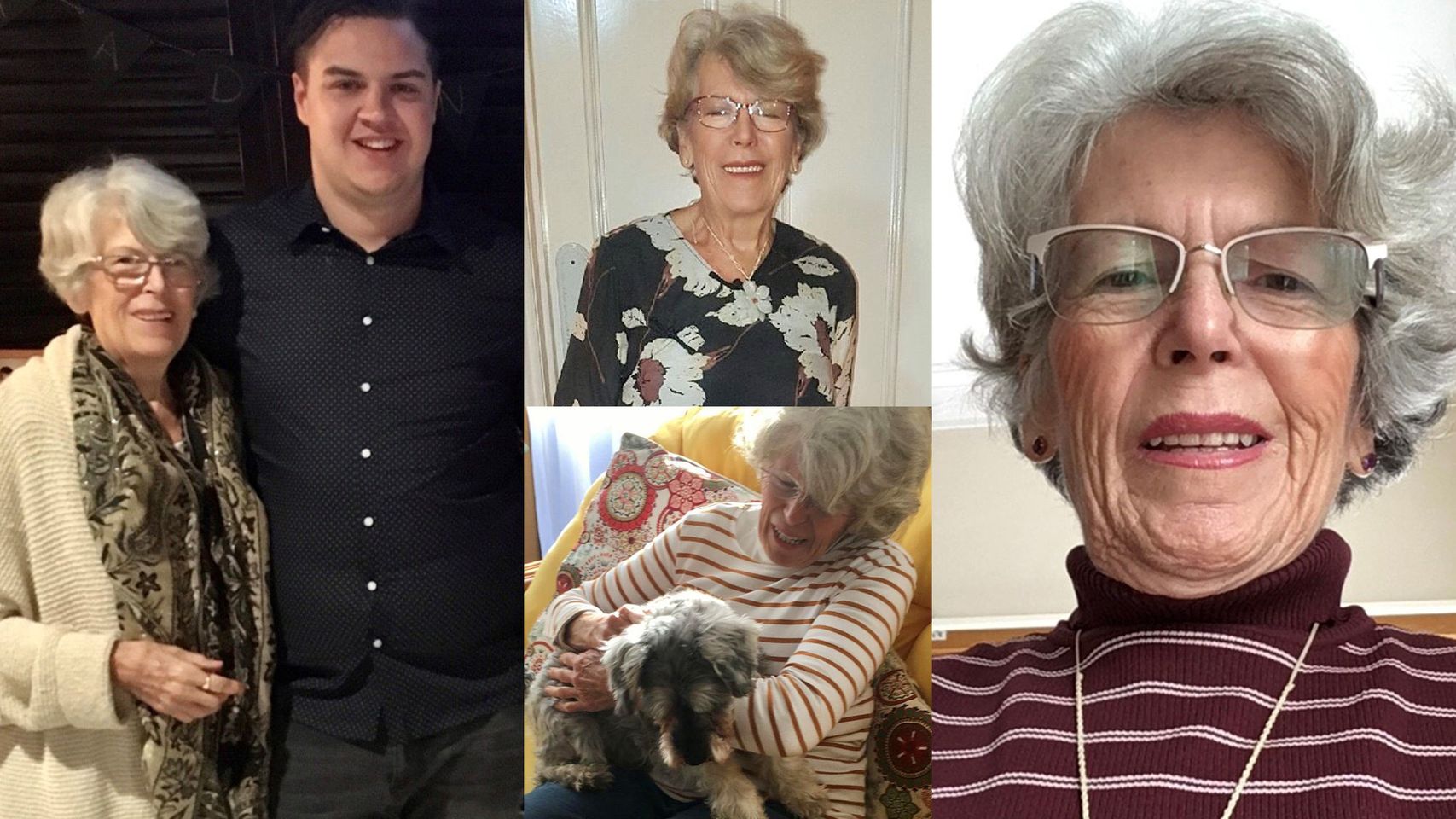From 1 August 2021, patients with unresectable or metastatic bowel cancer that is mismatch repair deficient (dMMR) will have a new treatment option, with the subsidised listing of Keytruda (Pembrolizumab) on the Pharmaceutical Benefits Scheme (PBS).
Tumours with the dMMR biomarker contain abnormalities that affect the proper repair of DNA inside the cell.
Keytruda works to reactivate the immune system to detect and attack tumour cells.
This will make Keytruda the first subsidised immunotherapy for bowel cancer patients.
No longer will patients and their families be faced with the decision of whether to go into debt to fund the treatment or to decline it.

Anna was diagnosed with metastatic bowel cancer at the age of 28.
“My cancer diagnosis came as quite a shock as I had no relevant clinical history. I was only diagnosed with bowel cancer after being treated for a blood clot in my arm, which was due to the cancer already spreading to another part of my body,” said Anna, now 34.
“After biomarker testing, the results showed that immune-oncology therapy was a treatment option for me. With the financial support of my family, I was able to access Keytruda, but I know that isn’t always an option for patients,” Anna said.
Anna continued to work throughout her treatment and within six months, she was declared cancer-free.
“I am excited to hear that certain metastatic bowel cancer patients now have subsidised access to this treatment,” said Anna, who continues to be cancer-free five years on.

Glenys, now 70, was diagnosed with Stage 4 bowel and liver cancer just six weeks after her husband passed away from mesothelioma.
Despite already suffering from internal bleeding because of the severity of her cancer, Glenys was determined to avoid chemotherapy and surgery.
“After exploring a variety of different treatment options with my clinicians, it was determined that for my type of bowel cancer, chemotherapy was not going to work,” said Glenys.
“I was lucky enough to join a clinical trial [for Keytruda],” said Glenys.
She drove from Albury to Melbourne every three weeks for treatment and was declared cancer-free six months after starting the clinical trial.
“Now that Keytruda is on the PBS, patients facing this diagnosis in the future don’t have to rely on luck, like I did, to access this treatment option.”
Glenys now enjoys mentoring at-risk teenagers and taking long bike rides.
For more information, speak with your oncologist and check out the Consumer Medicines Information (CMI).






